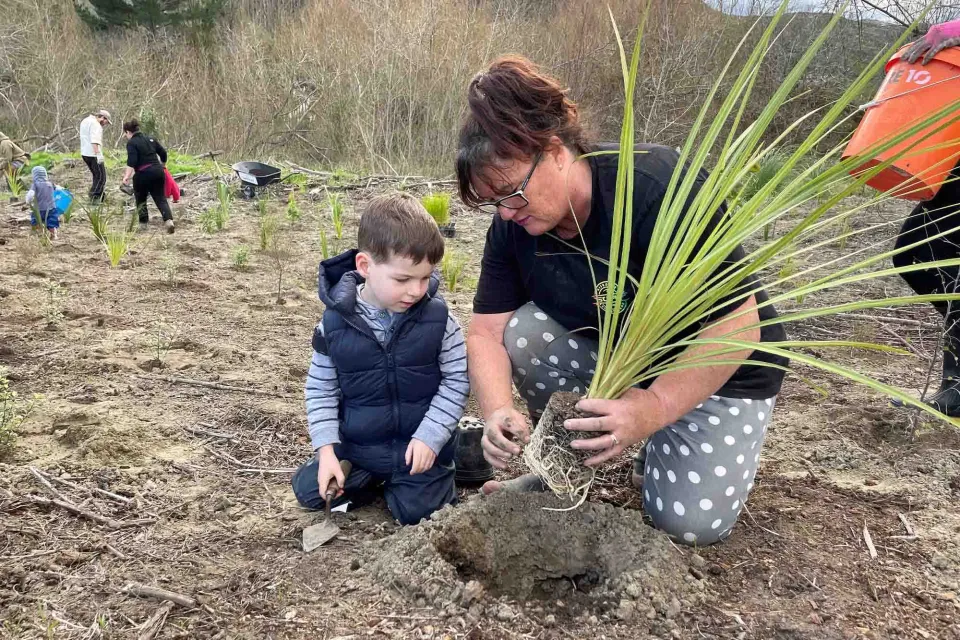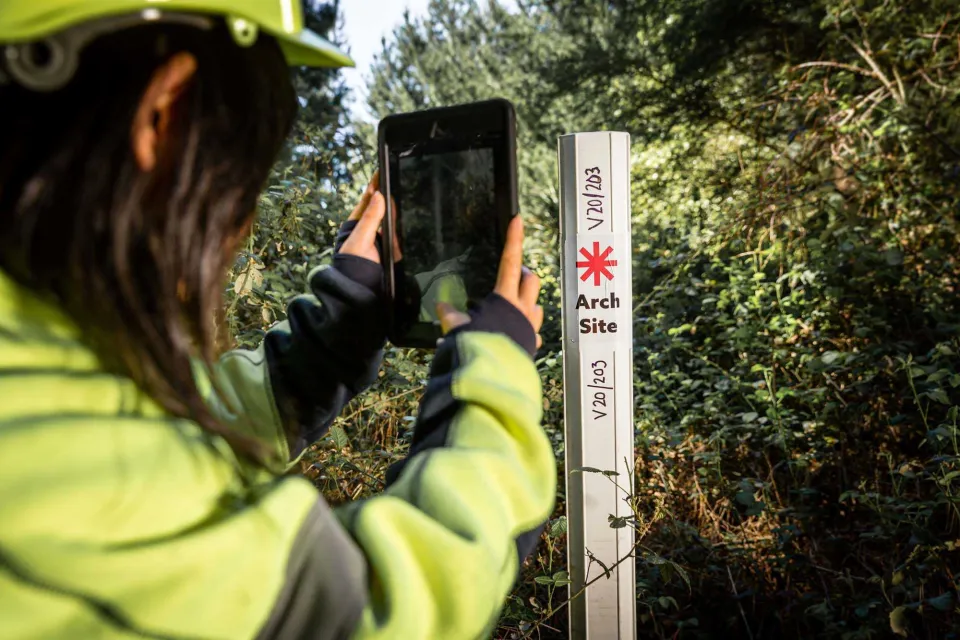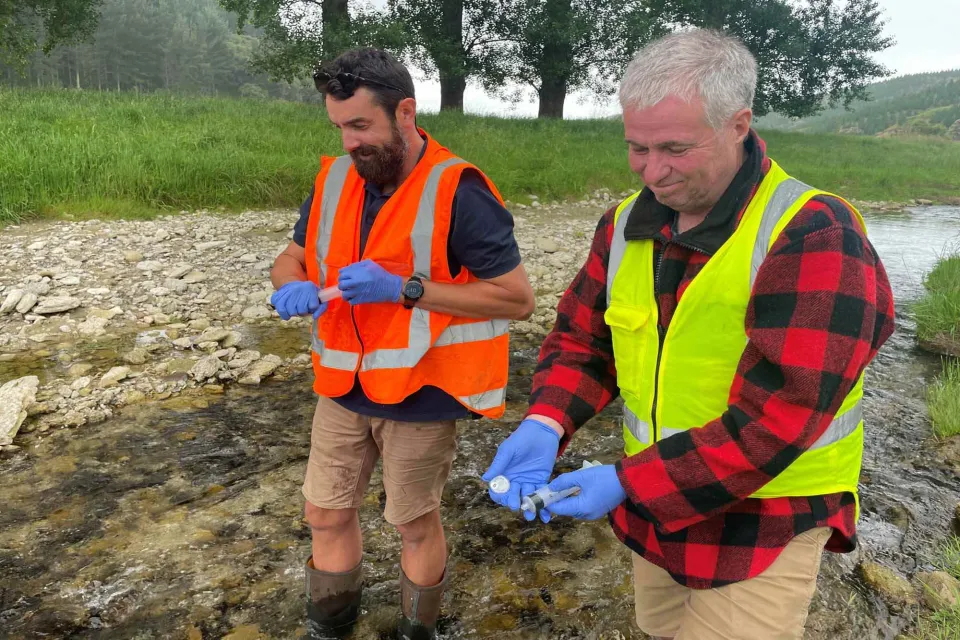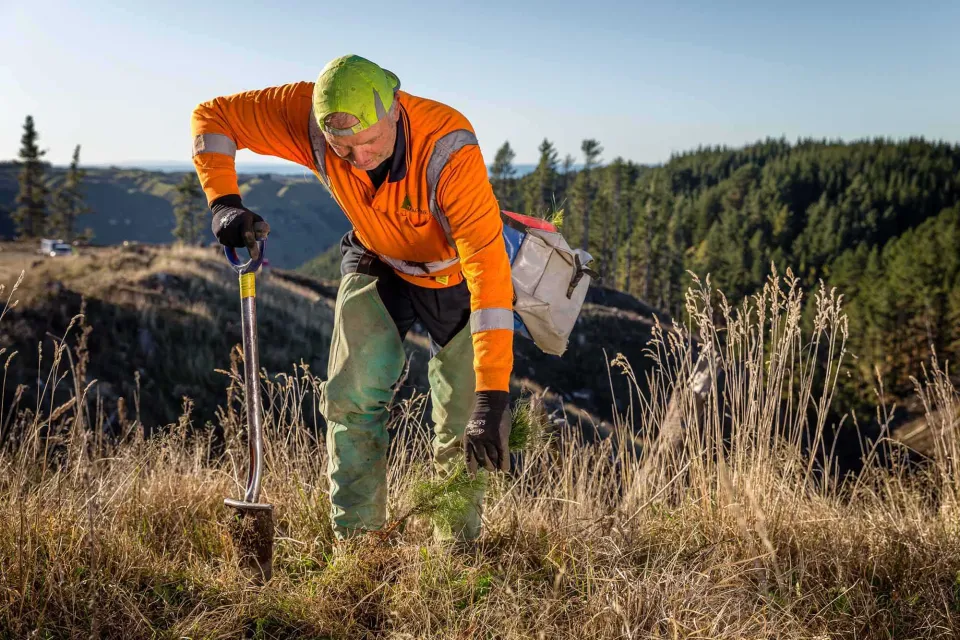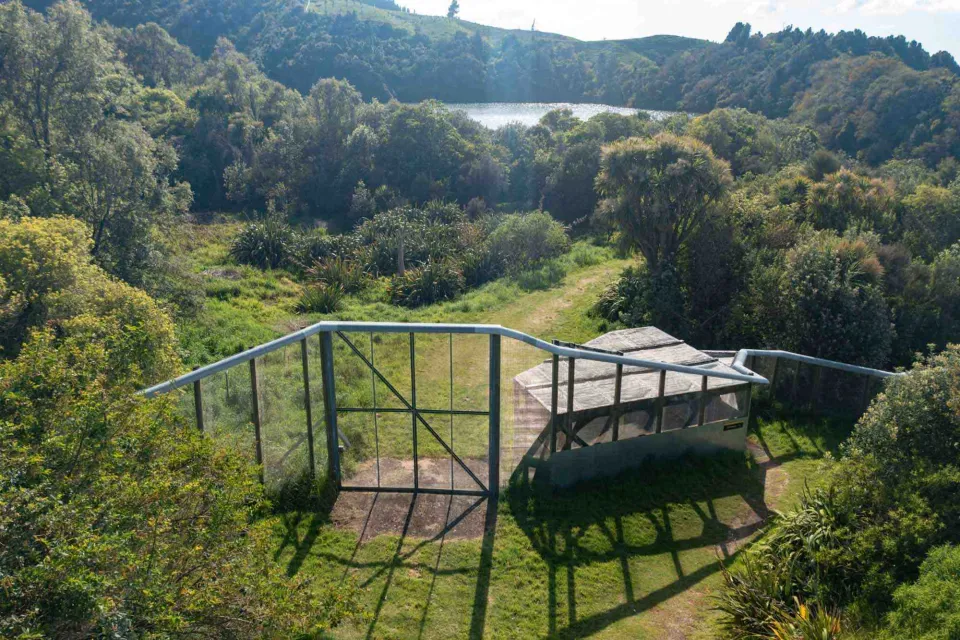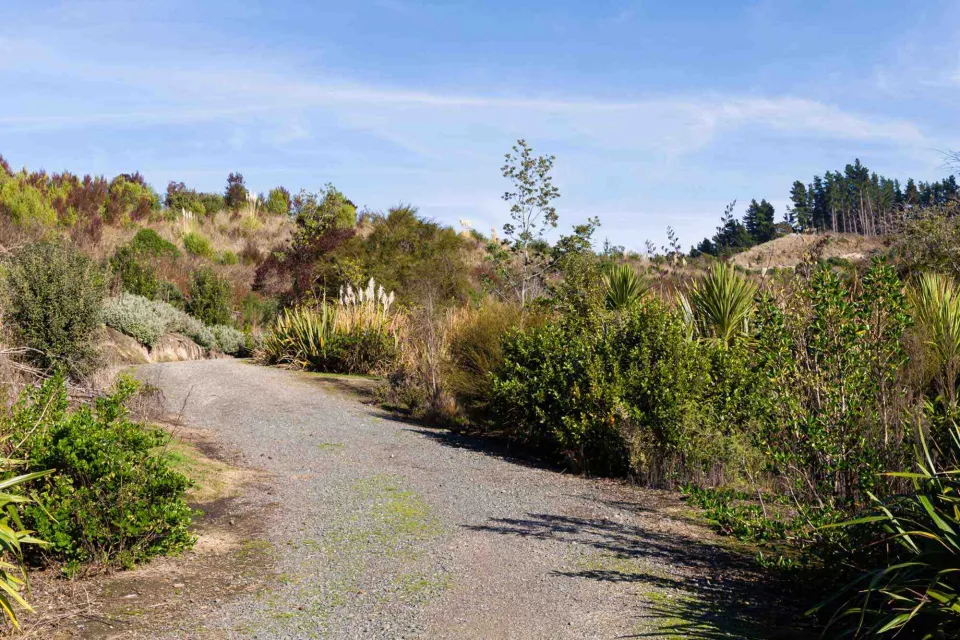-
About
-
Products
- By Timber Product
- Cladding
- Decking
- Joinery
- Screening
- Panelling
- View all
- By Application
- Exterior Cladding / Siding
- Exterior Rain Screen
- Exterior Roofing
- Interior Walls & Ceilings
- Soffits
- Screening, Fins & Battens
- Windows, Doors & Joinery
- Posts & Beams
- Accessories + Samples
- Coatings
- Fixings
- Samples
-
Shop
- Samples
- Timber Samples
- Architectural Sample Box
- View all
- Accessories
- Coatings
- Fixings
- View all
-
Resources
- By Resource Type
- Technical Data Sheets
- Guides & Manuals
- Technical Articles
- Profile Drawings
- View all
- How To
- How To Specify
- How To Install
- How To Maintain
- Projects
- Contact
SPOTLIGHT / Pan Pac’s Sustainability Measures
For 50 years, Pan Pac Forest Products Ltd has been growing and processing quality radiata timber products, and are a key supplier for Abodo.
An important source for Abodo’s radiata pine, Pan Pac Forest Products is the largest forestry grower in Hawkes Bay, with a total forest area of about 35,000 hectares, much of which is on iwi-owned land.
Founded in 1873 and with operations across the globe, Oji Group owns and operates Pan Pac with a philosophy of maintaining harmony with nature and society, which means it consistently seeks out measures to reduce the environmental burden at its manufacturing sites. In 2020, Oji Group created its Environmental Vision 2050, and the Environmental Action Program 2030.
Framework for sustainable forests
Working concurrently with Oji’s wider vision for 2050, Pan Pac has developed their own sustainability framework.
The framework includes short term and long term actions for improvement.
To make sure these are relevant to the various sites and people using, living and working among them, the company surveyed a range of stakeholders, from staff, contractors, customers and suppliers, to iwi, community representatives, local government and Oji Holdings.
This resulted in their 2022 Sustainability Report, which highlights priority areas and identifies targets to work towards. The report aligns with the United Nations’ Sustainable Development Goals and outlines current performance as well as the projects that are planned and underway at Pan Pac sites.
Managing forests for people and planet
Since March 2020, forest teams have been using an app called Survey 123 to monitor environmental, and health and safety performance at Pan Pac forestry sites.
This enables them to monitor the preservation of indigenous forest areas and archaeological sites, to check on water control infrastructure, and to track native bird sightings. It is also a way to obtain and share data on the forestry operations, to ensure the people working for Pan Pac are well looked after and work is carried out efficiently.
This commitment to environmental management has allowed Pan Pac to obtain National Environmental Standards, as well as meeting Forest Stewardship Council® (FSC® C017103) requirements.
Keeping a close watch on water quality
Pan Pac regularly monitors streams that flow through their forestry sites. By collecting samples from catchments, they are able to check eDNA sequencing in the water, which reveals the biodiversity of the stream.
The Pākuratahi Land Use Study involves the analysis of water samples, hydrology, stream morphology and stream ecology in neighbouring catchments with different land uses over a 12-year period. Part One of this study, published in 2006, showed that the pine forest catchment had the lowest overall yield of sediment even when the sediment discharge during harvest was taken into account. Part Two of the study began last year and uses new techniques like eDNA sampling, which has already revealed at-risk adult whitebait kōaro living in the pine forest catchment.
Funding local community and environmental projects
Established in 2019, the Pan Pac Environmental Trust sponsors projects that benefit the environment and culture in the Hawke’s Bay region, with representatives spanning from iwi members to stakeholders, local residents and trusts, and Pan Pac staff.
The Trust contributes $100,000 per year, with projects funded in the past year including pest and predator control in native and plantation forests, planting projects to protect wilderness areas from erosion, native plant propagation, and protection for the endangered dotterel.
Pan Pac has also been sponsoring the ECOED Kiwi Crèche since its establishment in 2008. As its name suggests, the Crèche is a safe haven for kiwi chicks, allowing them to reach maturity without the danger of attack by stoats. Once they reach adulthood, when they are more able to fight off these predators, the kiwi are released into Kaweka Forest Park. Pan Pac’s funding of $25,000 annually helps the Crèche to maintain the facility, including its 3.3km predator fence.
Pan Pac also partnered with the Hawke’s Bay Mountain Bike Club in the creation and maintenance of purpose-built trails running through Tangoio Forest. Access to sections of these trails can be dependent on harvesting, with clear and open communication maintained between the Club and the company.
Keen eye on the future
For Abodo, it is important to know that our suppliers take good care of the environment as they harvest timbers that we use for our products. Pan Pac is locally focused, with ongoing analysis and action to ensure their people, the landscape, and biodiversity ecosystems are not harmed through its practices, and are in many cases improved.
Abodo recently partnered with Pan Pac to donate 100 pest traps made from our own Vulcan timber offcuts, for use in their plantation forests and regenerative native reserves. Over the lifespan of the 100 traps, we expect to eradicate thousands of pests from these forests – enabling biodiversity to flourish.


